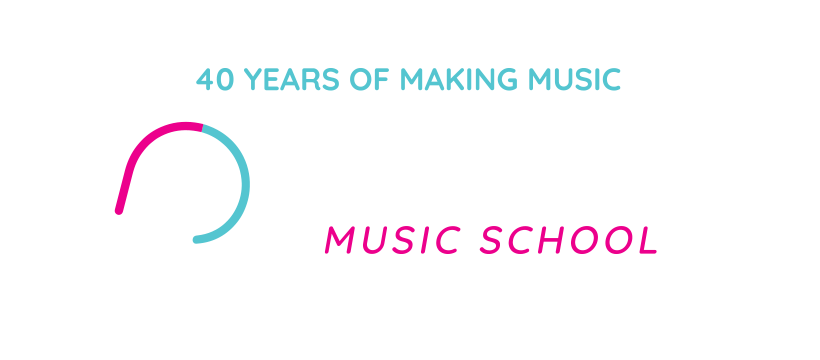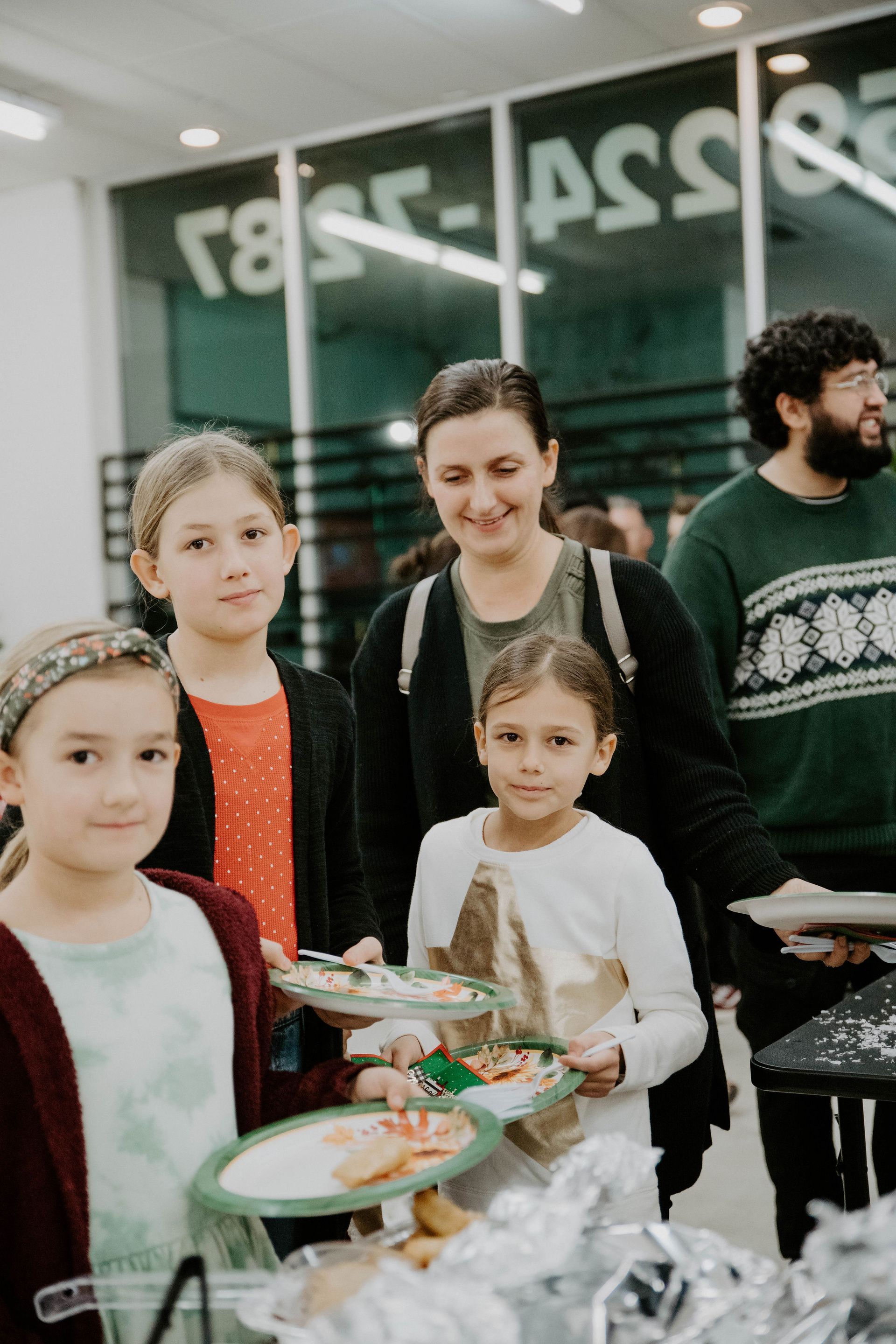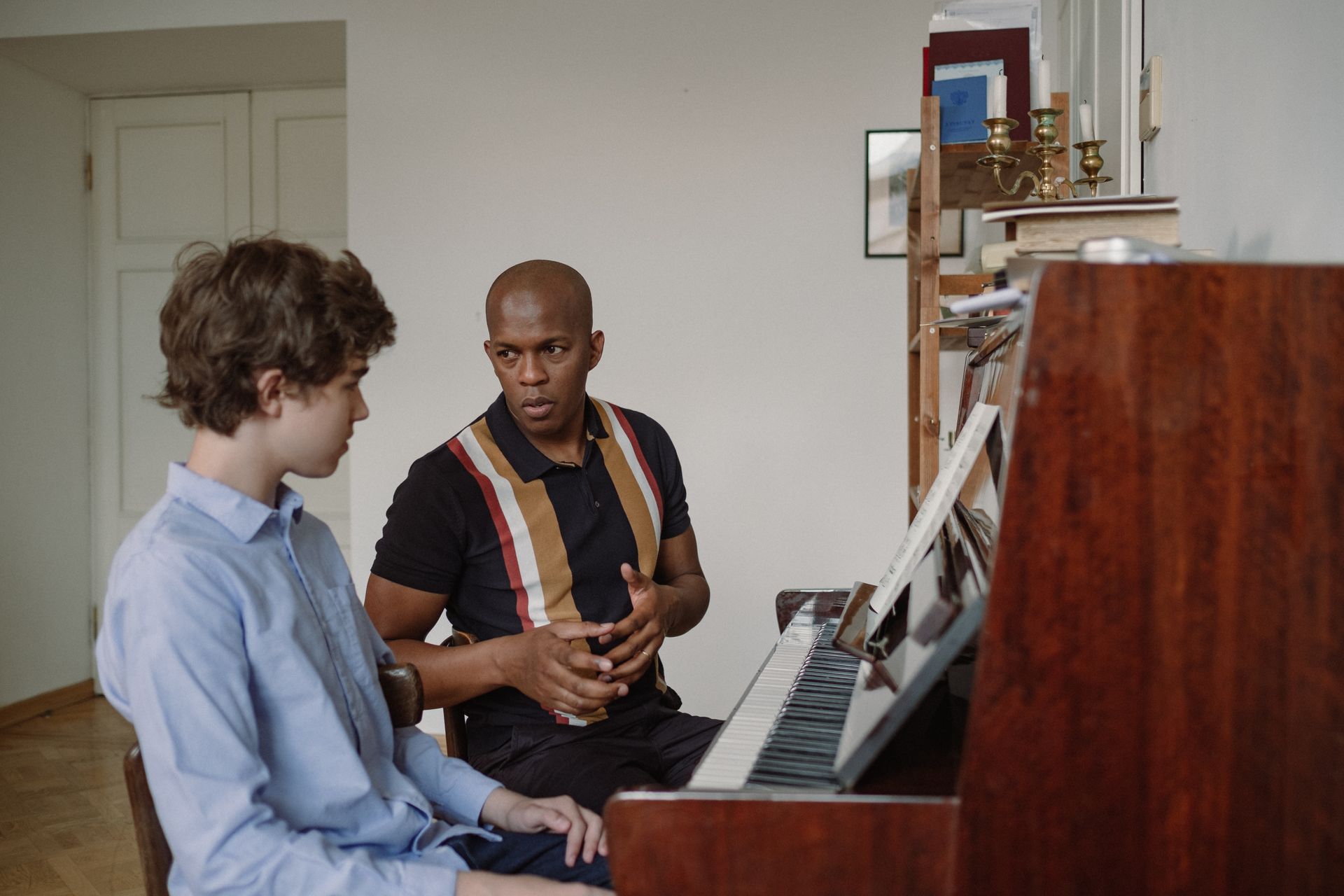Crosscultural Music Education
Cross-cultural music education is a dynamic and enriching approach to learning that explores the diverse musical traditions and styles from around the world.
We will delve into why cross-cultural music education is important, how it promotes cultural understanding and inclusivity, and enhances music learning and skills.
We will also discuss the challenges faced in implementing cross-cultural music education and provide insights on how it can be effectively integrated into schools, community programs, and online platforms.
Join us on this musical journey of exploration and discovery!
What Is Cross-cultural Music Education?
Cross-cultural music education involves the exploration and integration of various musical traditions and practices from diverse cultures to create a rich and inclusive learning environment for students.
Music education is a powerful tool that goes beyond just teaching notes and rhythms. By incorporating cross-cultural elements into music lessons, educators can provide students with a deeper understanding of different societies, histories, and ways of expression. This approach helps in breaking down barriers and promoting cultural diversity in educational settings, fostering a sense of unity and mutual respect among students from various cultural backgrounds. Through cross-cultural music education, learners not only develop their musical skills but also gain a broader perspective that enhances their appreciation for the artistic traditions of different regions.
Why Is Cross-cultural Music Education Important?
Cross-cultural music education is vital as it promotes cultural understanding, preserves musical heritage, and fosters respect for diverse societies, beliefs, and traditions through the universal language of music.
By exposing individuals to music from various cultures, cross-cultural music education instills a sense of appreciation for the rich tapestry of global musical traditions. Through this exposure, students not only learn about different musical styles and instruments but also gain insight into the values, customs, and histories of diverse societies around the world.
This form of education serves as a powerful tool in breaking down barriers between communities, fostering empathy, and promoting tolerance. It allows individuals to connect on a deeper level beyond language or geographical boundaries, creating a shared experience that transcends differences.
Promotes Cultural Understanding and Acceptance
One of the key benefits of cross-cultural music education is its ability to promote cultural understanding, foster tolerance, and celebrate diversity through the shared experience of music.Cross-cultural music education serves as a powerful tool for breaking down barriers and building bridges between individuals from different cultural backgrounds. Through music, individuals can connect on a deep emotional level, transcending language and societal divides. It allows for a mutual exchange of traditions, customs, and beliefs, fostering a sense of shared humanity. Music has the remarkable ability to evoke empathy and compassion, enabling individuals to step into the shoes of others and gain insight into their unique cultural perspectives.
Fosters Inclusivity and Diversity
Cross-cultural music education fosters inclusivity by embracing diverse cultural traditions, offering a transformative vision of music education that celebrates the richness of global musical heritage.
In this model of education, students are encouraged to explore music from various cultures, breaking down barriers and enhancing mutual understanding. By engaging with music from different parts of the world, learners develop a deep appreciation for the diversity present in musical expressions. This approach not only teaches musical skills but also cultivates empathy, tolerance, and respect for cultural differences. Through cross-cultural music education, individuals can transcend their own cultural backgrounds and connect with people from diverse communities through the universal language of music.
Enhances Music Learning and Skills
Engaging in cross-cultural music education enhances students' music learning experiences, nurturing creativity, and fostering artistic expression across a spectrum of cultural influences.By immersing students in diverse musical traditions and styles, cross-cultural music education encourages them to step outside their comfort zones and embrace unfamiliar sounds and rhythms. Through this exploration, students not only develop a deeper appreciation for different cultures but also discover new avenues for self-expression and creativity.
Exposure to a variety of musical genres enables students to expand their repertoire, incorporating elements from different traditions into their own musical vocabulary. This fusion of influences not only enriches their artistic endeavors but also fosters a greater sense of global interconnectedness and understanding.
How Does Cross-cultural Music Education Work?
Cross-cultural music education functions by incorporating different musical styles and traditions, encouraging collaboration and exchange, and diving into the historical and cultural context of music to provide enriching lessons for students.By blending various musical genres such as traditional folk music, classical compositions, and contemporary trends, students are exposed to a wide spectrum of sounds and rhythms, nurturing their appreciation for diversity and creativity. This enables them to develop a versatile musical palate.
Through collaborative projects, learners not only deepen their understanding of different musical traditions but also enhance their teamwork and communication skills. Working with peers from diverse backgrounds fosters mutual respect and understanding, reflecting the harmonious essence of music itself.
Exploring the historical and cultural significance of music offers students a holistic view of music evolution, connecting them to the roots of various musical genres and real-life contexts. This immersive experience facilitates a deeper connection to music, transcending mere notes and melodies.
Incorporating Different Musical Styles and Traditions
One approach in cross-cultural music education involves incorporating a wide array of musical styles and traditions to offer students a broad and immersive musical experience that transcends cultural boundaries.Through the integration of diverse musical styles and traditions, students are exposed to a rich tapestry of sounds, rhythms, and melodies that reflect the cultural heritage of various communities globally. This exposure not only enhances students' musical knowledge but also fosters a deep appreciation for the uniqueness and beauty of different musical traditions.
By diving into the intricacies of world music, students can explore the historical, social, and artistic contexts that shape musical expressions across different cultures. This exploration enables them to see connections between seemingly disparate musical genres and appreciate the universal language of music that surpasses linguistic barriers.
Encouraging Collaboration and Exchange
Cross-cultural music education emphasizes collaboration and intercultural communication , fostering meaningful exchanges between students and musicians from diverse backgrounds to create a harmonious musical dialogue.Collaboration in cross-cultural music education serves as a bridge that connects individuals, transcending cultural differences through shared musical experiences. Through the process of working together, students and musicians learn to appreciate the unique perspectives and traditions each individual brings to the table, leading to a deeper understanding and respect for diverse musical heritage.
Intercultural communication further enhances this exchange by encouraging open dialogue and the sharing of musical ideas. It enables participants to communicate effectively, not just through words, but also through the universal language of music.
Learning About the Historical and Cultural Context of Music
An essential aspect of cross-cultural music education involves exploring the historical and cultural context of music, drawing insights from cognitive studies to deepen students' understanding of musical traditions and their societal significance.By diving into the historical and cultural background of music, students can gain a richer appreciation of how musical expressions have evolved over time and across different societies. Through the lens of cognitive studies, learners can grasp the intricate connections between music, language, memory, and emotion, enhancing their ability to interpret and connect with diverse musical genres.
Understanding
the historical context also sheds light on how music serves as a reflection of social norms, values, and movements, providing a deeper insight into the broader societal implications of musical traditions.What Are the Challenges of Cross-cultural Music Education?
Challenges in cross-cultural music education include navigating language and communication barriers, addressing stereotypes, and combating prejudices to create an inclusive and respectful learning environment for all students.Language barriers can hinder effective communication and understanding among students from diverse linguistic backgrounds. To overcome this obstacle, educators can implement multilingual resources and encourage peer-to-peer language exchange programs.
Stereotypes, often based on cultural misconceptions, may lead to unwarranted biases within the learning environment. By fostering open discussions and promoting cultural sensitivity workshops, students can challenge and dispel these preconceived notions.
Inclusivity is crucial for a harmonious educational setting. Embracing diverse musical traditions, inviting guest speakers from various cultures, and promoting cross-cultural collaborations can foster an environment of respect and understanding among students.
Language and Communication Barriers
Language and communication barriers pose significant challenges in cross-cultural music education, requiring innovative approaches to facilitate effective interaction and understanding among students with diverse linguistic backgrounds.
Due to the diverse nature of students in cross-cultural music education settings, language differences can hinder collaboration, creativity, and overall learning outcomes. Incorporating multilingual resources and embracing cultural diversity not only enhances communication but also fosters a more inclusive and enriching learning environment. Teachers can leverage technology, such as online translation tools and language learning apps, to bridge the gap and encourage active participation from all students. Promoting intercultural exchange through music can serve as a universal language, transcending linguistic barriers and fostering a sense of unity and mutual respect among students.
Lack of Resources and Support
The lack of resources and support can hinder the implementation of cross-cultural music education, underscoring the importance of community outreach and collaborative efforts to provide students with enriching musical experiences.When resources are scarce, schools and music programs face challenges in offering diverse music education opportunities that can truly engage students from various backgrounds. Lack of funding for instruments, sheet music, and qualified instructors often limits the scope of music education initiatives.
Community outreach programs play a pivotal role in bridging this gap by bringing music education initiatives directly into neighborhoods and schools that lack resources. These initiatives foster a sense of inclusivity and diversity by embracing different musical traditions and styles.
Addressing Stereotypes and Prejudices
Addressing stereotypes and prejudices is crucial in cross-cultural music education to cultivate a culture of respect, empathy, and cultural understanding among students and educators from varied backgrounds.By recognizing and dismantling stereotypes and prejudices, educators can create a welcoming and inclusive learning environment where students feel valued for their diverse backgrounds. Emphasizing the importance of empathy can help bridge cultural divides and encourage students to appreciate the richness of different musical traditions.
One effective strategy is to incorporate diverse musical examples from various cultures into the curriculum, allowing students to explore and appreciate the unique sounds and styles from around the world. Encouraging open discussions about stereotypes and biases can also help challenge preconceived notions and promote critical thinking.
How Can Cross-cultural Music Education Be Implemented?
Cross-cultural music education can be implemented in schools, educational institutions, community programs, and online platforms by integrating diverse musical experiences, promoting cultural exchange, and utilizing technology to enhance learning opportunities for students.Integrating diverse musical experiences involves incorporating music from various cultural backgrounds into the curriculum, exposing students to different styles, instruments, and traditions. This not only broadens their musical knowledge but also fosters an appreciation for cultural diversity.
- Promoting cultural exchange can be achieved through collaborations with artists and educators from different cultural backgrounds, organizing multicultural performances, and encouraging students to explore and share their own cultural musical heritage.
- Utilizing technology plays a crucial role in cross-cultural music education by enabling virtual collaborations, live-streaming performances, and accessing a wide range of cultural music resources online.
In Schools and Educational Institutions
Implementing cross-cultural music education in schools and educational institutions involves engaging teachers and students in diverse musical experiences, fostering a culture of inclusivity, and promoting cross-cultural understanding through music.One effective strategy for incorporating cross-cultural music education into school curricula is by encouraging teachers to incorporate a wide range of musical genres and traditions in their lessons.
- Teachers can organize music appreciation sessions that showcase various cultural music styles, providing students with exposure to music beyond their own cultural backgrounds.
- Creating opportunities for collaborative musical projects with students from different cultural backgrounds can deepen their appreciation for diversity and enhance their cross-cultural communication skills.
Through Community Programs and Events
Community programs and events play a key role in expanding cross-cultural music education by engaging diverse audiences, fostering community outreach, and showcasing the richness of global musical traditions.
These initiatives provide valuable platforms for musicians and artists from different cultural backgrounds to come together, share their music, and celebrate diversity. Through a range of workshops, performances, and interactive sessions, participants are exposed to a variety of musical genres and styles, fostering a deeper appreciation for cultural heritage. These events often incorporate educational components, such as music history lectures and instrument demonstrations, further enriching the audience's understanding of music's cultural significance . By creating these immersive experiences, community programs successfully bridge cultural divides and promote mutual understanding among participants.
Utilizing Technology and Online Platforms
Leveraging technology and online platforms can enhance cross-cultural music education by facilitating virtual collaborations, expanding access to diverse musical resources, and creating interactive learning environments for students worldwide.
Through the establishment of virtual collaborations, students from different parts of the globe can engage in joint musical projects, transcending geographical boundaries and nurturing a sense of shared creativity. With the integration of interactive tools and online resources, learners can delve into various musical traditions and styles, fostering a deeper appreciation for diverse cultural expressions.
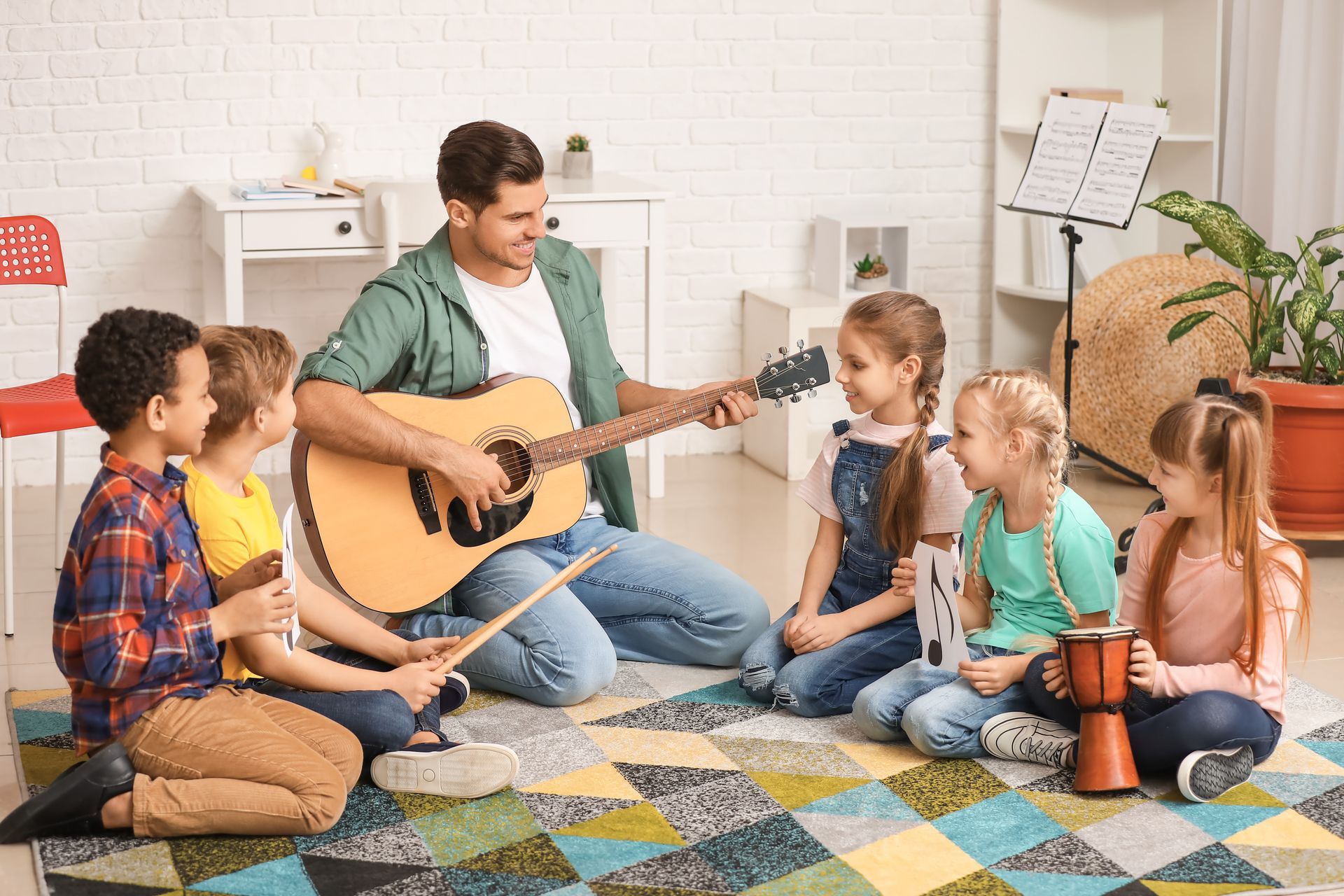
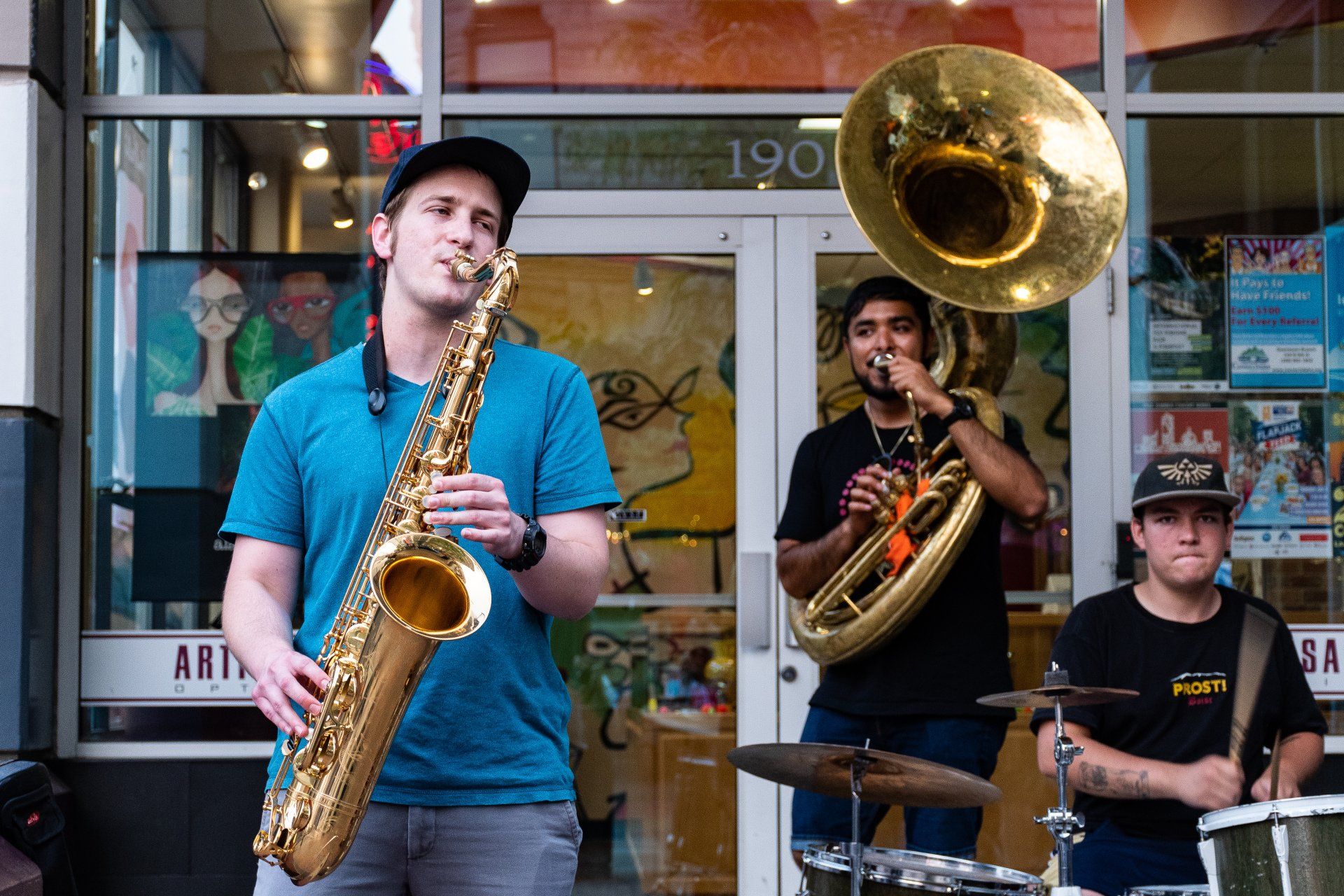

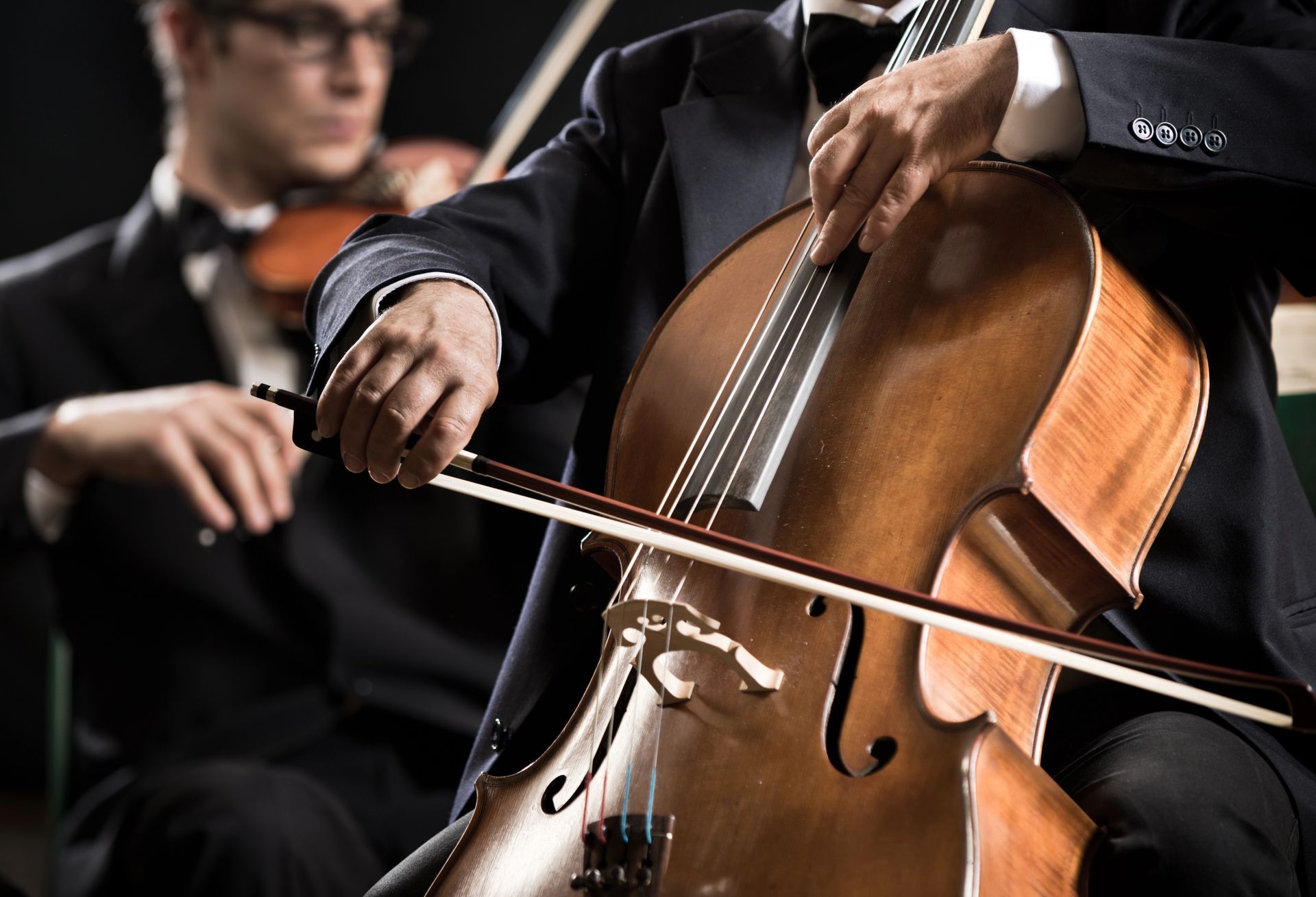

FRESNO LOCATIONS
HOOVER
769 E Barstow Ave, Fresno, CA 93710, United States of America
FORT WASHINGTON
9423 N Fort Washington Ste. 104, Fresno, CA 93730, United States of America
Subscribe to our newsletter to find out about new classes, workshops and promotions.
We will get back to you as soon as possible
Please try again later
